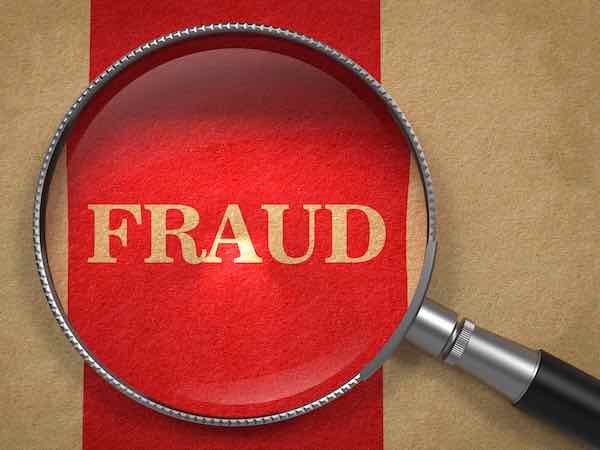The Office of Personnel Management (OPM) announced new actions this week to “crack down on bad actors” and ensure verification of eligibility for enrollees within the Federal Employees Health Benefits (FEHB) program.
The new requirements for federal agencies and FEHB carriers were outlined in a new Benefits Administration Letter (BAL 24-201) published on April 17, 2024.
Confirming Federal Employees’ Relations to Spouses and Family Members
Agencies will be directed to confirm federal employees’ relations to spouses and family members when an enrollment change is made during Open Season. Agencies will be required to verify a meaningful sample of family members included in Open Season elections from the prior year.
For the 2024 Open Season, the meaningful sample will be a minimum of 10% of Self Plus One and Self and Family FEHB Open Season elections. OPM says that where feasible, employing offices should aim to exceed the 10% floor in 2024. The results of the review must be reported to OPM by July 31, 2025.
OPM said that it plans to provide guidance to require all federal employees to provide eligibility documentation for all new family member enrollments during Open Season in subsequent years.
Checking for FEHB Enrollment Irregularities
OPM will use its newly completed FEHB Master Enrollment Index (MEI) to run queries that can spot certain enrollment irregularities in existing enrollments. If any are found that raise questions, OPM will notify agencies to review those enrollments.
OPM currently requires all agencies to notify FEHB enrollees of the consequences of improper enrollments, including fines and imprisonment.
Removing Ineligible FEHB Enrollees
What if ineligible family members are found? BAL 20-203 outlines steps for agencies to take to remove ineligible enrollees. It states:
If the employing office does not receive the requested documentation within 60 calendar days of the request or if it determines that the documentation provided is insufficient to verify eligibility of the family member(s), the employing office must notify the employee and the family member of this determination…
This written notice considered the “initial decision” must include an explanation of the
employing office’s decision, the effective date of the removal of the ineligible family member, and the right to a reconsideration of this initial determination. The employing office must maintain a copy of this letter in the employee’s official personnel folder and should send a separate copy to the affected family member when a separate address is known. The employing office must also provide a copy of this letter to the FEHB Carrier to process removal of the ineligible family member(s) from the enrollment.The removed family member may be eligible for a 31-day temporary extension of coverage, conversion, temporary continuation of coverage, or spouse equity coverage in certain limited circumstances; see 5 CFR 890.308(g). Any opportunity to enroll shall not extend beyond the date that opportunity would have ended if the individual had been removed on the date of loss of eligibility.
Wasted Money Within the FEHB
A 2023 Government Accountability Office (GAO) report found that as much as $1 billion in taxpayer dollars was being wasted every year on payments made to ineligible FEHB enrollees.
In its report, GAO stated:
OPM does not have a precise estimate of how many ineligible members exist and at what cost to the [FEHB] program. OPM officials told us [GAO] they recognize ineligible individuals may be covered in FEHB, and information from OPM indicates the cost savings from performing a DEVA [audit designed to verify the eligibility of currently covered dependents, such as spouses and children] for all existing family members to be in the estimated range of $360 million to about $1 billion. According to OPM officials, these estimated cost savings would generally be an avoidance of future claims costs as opposed to current return of actual dollars. As mentioned, FEHB premiums paid by the government and enrollees are intended to cover members’ health care costs (including claims), plans’ administrative expenses, and other costs. Thus, these estimates would represent savings to the federal government and enrollees who pay FEHB premiums.
The report got the attention of lawmakers. Senator Rick Scott (R-FL) introduced legislation last month designed to crack down on fraudulent payments by codifying GAO’s recommendations from its report into law.
The bill would require OPM to do the following:
- Verify eligibility when adding a family member
- Include ineligible members as a fraud risk when OPM does its annual fraud risk assessment
- Complete a comprehensive audit of FEHB for ineligible family members
OPM appears to be proactively addressing the situation with the new requirements announced this week without waiting for a new law to be enacted.





